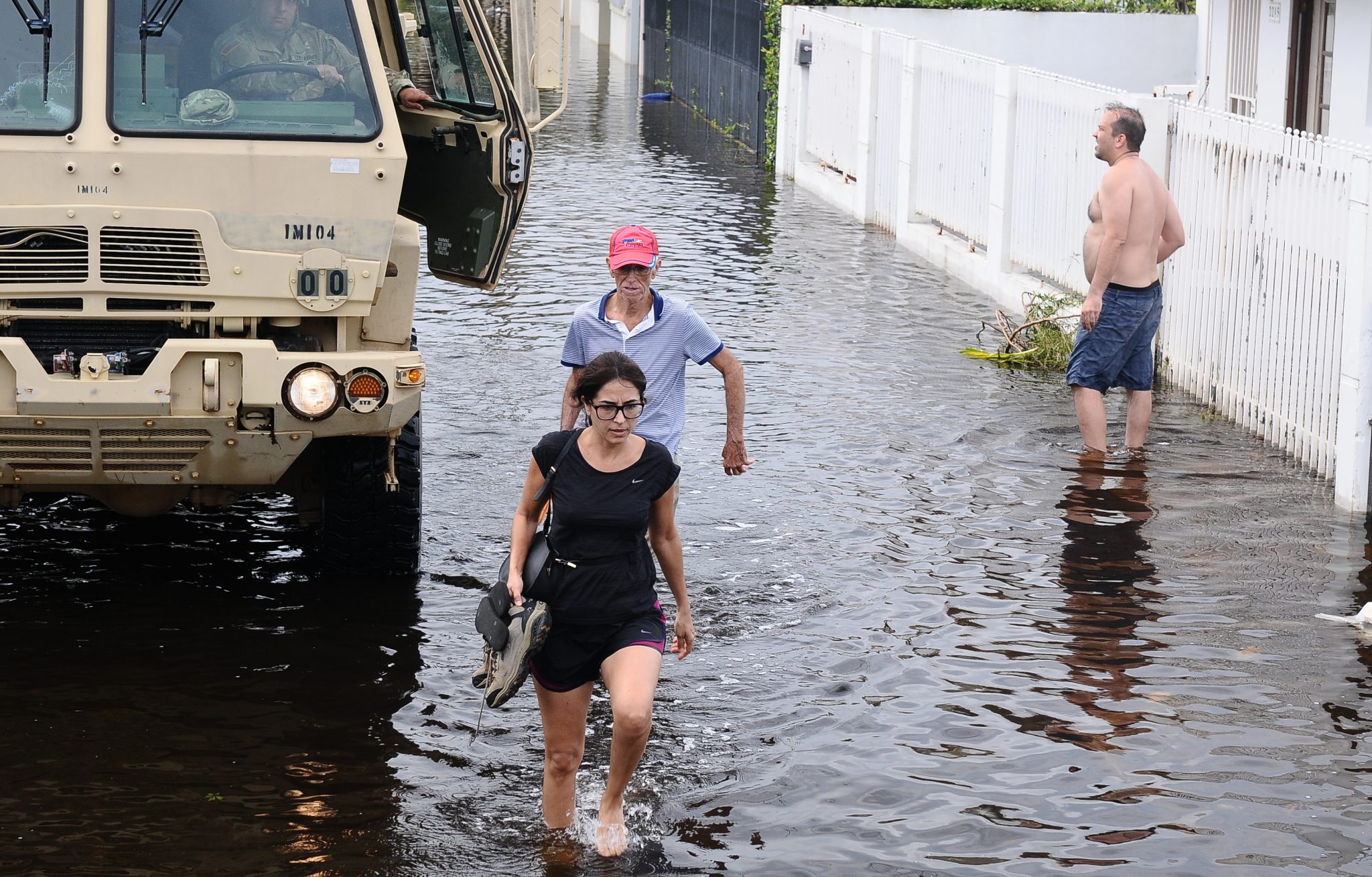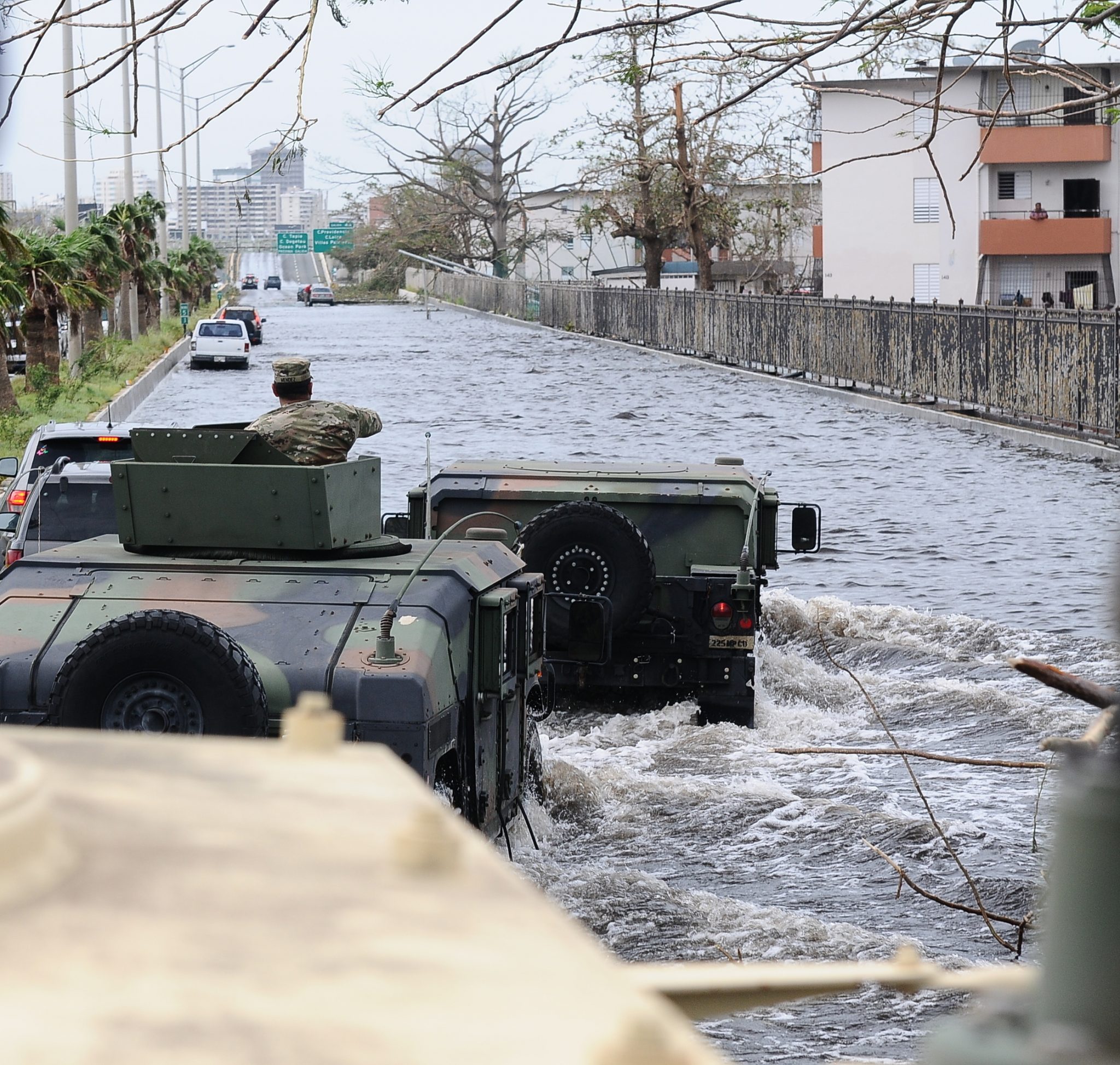Credit unions across Puerto Rico have been devastated by Hurricane Maria, which struck the Caribbean island last week, killing 16 people and destroying infrastructure.
Around 1.6m electricity consumers were left without power while the limited amount of fuel, fresh water and phone service available have led to a humanitarian crisis.
With fuel being crucial for running power generators, most credit unions have no cash flow and are unable to process credit or debit card transactions.
Communication is also “virtually impossible”, according to Luis Lopez, chief executive of Abraham Rosa Cooperativa in Toa Baja. In an email exchange with World Council of Credit Unions (WOCCU) vice president of member services, Miguel Corro, Mr Lopez described the situation as “desperate”.

“It feels like it’s never going to get back to normal. Pray for us,” he wrote. In the email quoted by CU Times, he explained how the lack of armoured trucks to carry cash meant physical security was not guaranteed.
The only way credit unions can clear transactions is through Banco Cooperativa, which is linked to the Federal Reserve System but the process is time-consuming given the current restraints.
To keep the island safe governor Ricardo Rosello ordered a curfew from 6pm until 6am on 20-23 September. This meant that in order to get access to essentials such as water or gas people have to queue for hours.
The World Council of Credit Union along with the USA’s National Credit Union Foundation and the New York Credit Union Association are coordinating relief efforts. CUNA Mutual group also sent four disaster response team members in Puerto Rico.
“Our Puerto Rican colleagues—and all those affected by this horrific storm—are in our thoughts and prayers,” said Association president and chief executive William J. Mellin. “So often we have seen the credit union movement stand together when our peers needed it most, and this time will be no exception. The credit union movement has provided New York with gracious support during some of our most trying times. It is only right that we return that support.”

Beth Cutler, community relations and foundation leader for CUNA Mutual Group (CMG), also told CU Times that all 12 CUNA employees working on the island were accounted for but were in need of critical emergency supplies such as satellite phones, solar chargers, ready-to-eat emergency meals, drinking water filtration systems, first aid kits, flashlights and batteries. CUNA will be flying supplies and send additional disaster response team member once they can secure flights, she said.
CMG is also encouraging employees to donate for Puerto Rican credit unions and pledged to match every dollar donated by their employees for a total of up to a maximum of USD $500,000. The money raised will be used for immediate recovery efforts.
The National Credit Union Administration (NCUA) issued a statement in which it said it had resources available to help credit unions affected by the storm. “NCUA examiners have been working to stay in contact with those credit unions, determine their status, and offer assistance as-needed,” reads the statement.
Under the NCUA’s Office of Small Credit Union Initiatives, low-income credit unions can obtain urgent needs grants of up to USD $7,500 if they experience sudden costs, in order to restore operations interrupted by the storm.
NCUA is encouraging credit union members affected by hurricane Maria to get in contact for assistance.
• To support co-operatives devastated by floods and hurricanes across Asia and the Caribbean, make a donation to the fund.